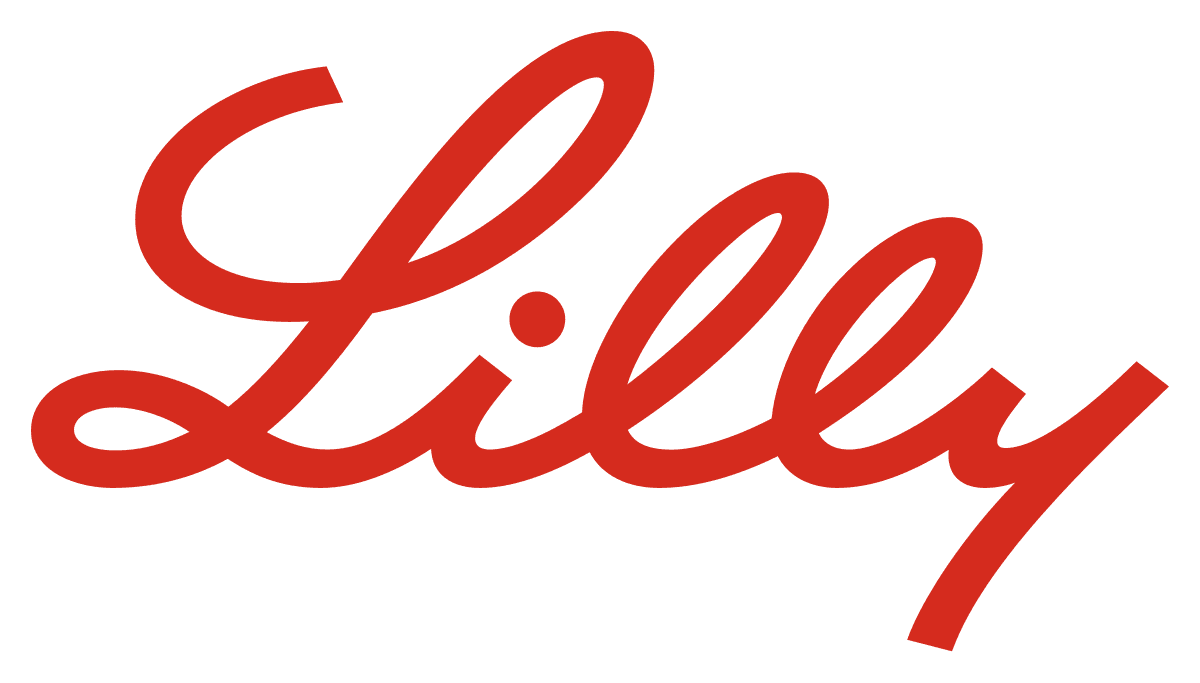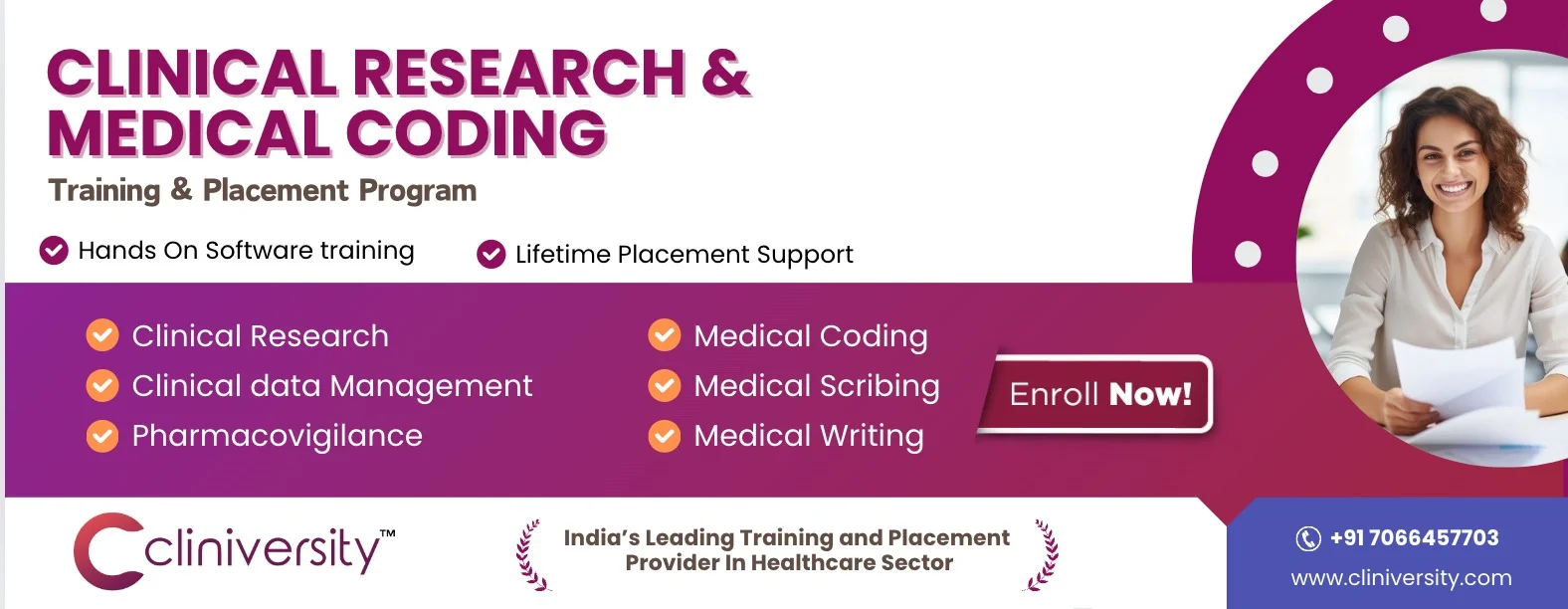Scientific data and information are core assets of Lilly. Providing balanced, objective, and accurate information to regulators, the scientific community, healthcare professionals, payers, and patients in a consistent and timely fashion across the entire drug development lifecycle is fundamental to Lilly. The purpose of the Scientific Communications Associate – Regulatory role is to work with cross-functional, multidisciplinary teams to lead the development of documents intended for regulatory audiences.
Primary Responsibilities:
- Content Strategy and Execution: Document Preparation, Development, and Finalization/Document Management
- Collect and evaluate data from multiple sources to create a cohesive content strategy.
- Plan, write, edit, review, and complete regulatory documents supporting clinical development/product registration.
- Conduct document initiation meetings to ensure team alignment.
- Build scientific-based rationale supporting complex documents.
- Ensure data are presented clearly, completely, accurately, and concisely.
- Ensure consistency across related documents.
- Coordinate expert/scientific reviews and prepare final versions.
- Perform quality checks for accuracy.
- Exhibit flexibility in managing multiple document types.
- Influence or negotiate changes in timelines and content with team members.
- Develop and prepare presentations with internal and external experts.
- Manage relationships with vendors/alliance partners as needed.
- Project and Stakeholder Management
- Lead the writing process using effective project management skills to ensure timely completion of high-quality documents.
- Build and communicate credible project timelines.
- Anticipate and mitigate risks to delivery.
- Ensure smooth and timely development of documents, escalating issues as necessary.
- Effectively communicate project status to stakeholders.
- Knowledge and Skills Development
- Maintain and enhance knowledge of therapeutic areas, including disease states and compounds.
- Exhibit flexibility in handling various document types and therapeutic areas.
- Stay updated on regulatory and publication guidelines.
- Maintain a broad understanding of the compound, therapeutic area, and external environment.
- Enhance scientific communication skills to meet audience needs and adapt to technological changes.
- Knowledge Sharing
- Provide coaching by sharing technical information and guidance.
- Network with others to identify and share best practices.
- Contribute to process improvements.
- Provide expertise in databases and document management systems.
Minimum Qualification Requirements:
- Bachelor’s degree in a scientific, health, communications, or technology-related field.
- Demonstrated experience in technical/regulatory scientific writing.
- Strong communication and interpersonal skills.
- Successful completion of a writing exercise.
Additional Preferences:
- Graduate degree with formal research component or in life sciences.
- Mastery of verbal and written English skills in medical, scientific, or technical writing.
- Specific knowledge and experience in clinical pharmacology, therapeutic areas, or other medical and scientific fields.
- Experience in writing regulatory, clinical trial documents, and/or publications.
- Experience in clinical development, clinical trial processes, or regulatory activities.
- Strong project management and time management skills.
- High-level end-user computer skills (e.g., word processing, tables and graphics, spreadsheets, presentations, and templates).





